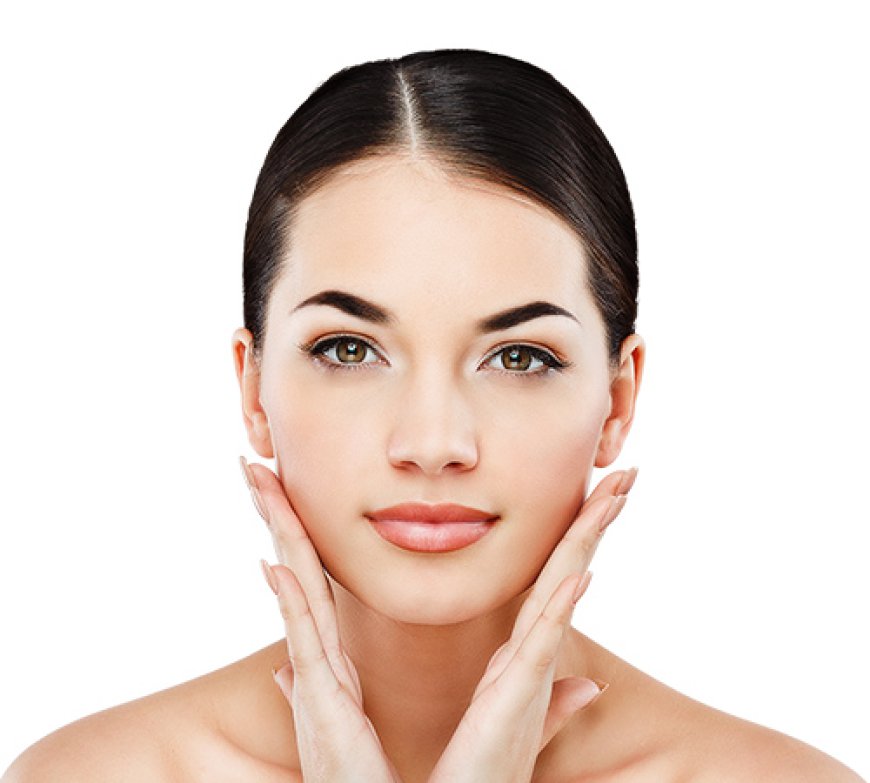Skin Whitening: Understanding the Risks Involved

Skin Whitening Treatment in Dubai, also known as skin lightening or bleaching, is a practice that has gained significant popularity across various cultures, particularly in Asia, Africa, and parts of Latin America. While the desire for lighter skin tones may stem from societal beauty standards, historical contexts, and cultural influences, it is crucial to understand the potential risks and health implications associated with skin whitening products and procedures.
The Appeal of Skin Whitening
The notion of beauty is often linked to skin tone, with lighter skin frequently associated with affluence, youth, and social status. This perception can be traced back to colonial times, where lighter skin was equated with higher status, leading to an enduring stigma against darker skin. As a result, skin whitening products, ranging from creams and lotions to pills and invasive procedures, have flooded the market, promising an instant glow or a more desirable complexion.
Common Ingredients in Skin Whitening Products
Many skin whitening products contain active ingredients that can lighten skin tone. Some of the most commonly used compounds include:
-
Hydroquinone: A potent bleaching agent that inhibits melanin production. While effective, it can cause skin irritation, allergic reactions, and, with prolonged use, a condition called exogenous ochronosis, which results in blue-black discoloration of the skin.
-
Mercury: This toxic metal has been used in some skin whitening creams to inhibit melanin production. Mercury exposure can lead to severe health issues, including kidney damage, skin rashes, and neurological disorders.
-
Corticosteroids: Often found in prescription creams, corticosteroids can provide temporary skin lightening effects. However, long-term use can lead to skin thinning, increased susceptibility to infections, and systemic effects due to absorption.
-
Kojic Acid and Arbutin: These are considered safer alternatives for skin lightening but can still cause skin irritation and allergies in some individuals.
Health Risks Associated with Skin Whitening
The allure of achieving a lighter skin tone often overshadows the potential risks involved. Some of the major health concerns associated with skin whitening include:
-
Skin Damage: Prolonged use of skin whitening products can lead to various skin issues such as thinning, rashes, and increased sensitivity. Users may also develop pigmentation disorders as a result of overuse or incorrect application.
-
Systemic Toxicity: Ingredients like mercury can be absorbed through the skin and enter the bloodstream, leading to serious health complications. Mercury poisoning can cause symptoms ranging from cognitive deficits to organ damage.
-
Increased Risk of Skin Cancer: Some whitening agents can make the skin more sensitive to UV radiation, increasing the risk of skin cancer. Ironically, while individuals seek lighter skin for beauty, they may inadvertently heighten their vulnerability to serious skin conditions.
-
Psychological Impact: The desire for lighter skin can stem from deep-seated societal pressures and insecurities. The pursuit of skin whitening can lead to body dysmorphic disorders, where individuals become fixated on perceived flaws in their appearance, resulting in low self-esteem and mental health issues.
The Role of Regulations
In response to the health risks associated with skin whitening products, many countries have implemented regulations. For instance, the European Union has banned the use of hydroquinone in cosmetic products, while some Asian countries have restricted the sale of mercury-containing creams. However, the challenge lies in enforcing these regulations, particularly in regions where such products are widely sought after. Many consumers may unknowingly purchase unsafe products from unregulated markets, further compounding the risks involved.
A Shift Towards Natural Beauty
As awareness of the dangers associated with skin whitening increases, there is a growing movement advocating for natural beauty and self-acceptance. Many skincare brands are now promoting products that enhance skin health rather than altering skin tone. Ingredients such as antioxidants, vitamins, and natural extracts are being highlighted for their ability to promote a radiant complexion without the risks associated with harsh chemicals.
Embracing Diversity and Self-Acceptance
Promoting awareness about the risks of skin whitening is essential, but equally important is fostering a culture that celebrates diverse beauty standards. Social media campaigns, community outreach, and educational programs can play a crucial role in reshaping perceptions of beauty. Emphasizing the uniqueness of different skin tones can empower individuals to embrace their natural beauty, reducing the allure of skin whitening practices.
Conclusion
While the desire for lighter skin remains prevalent in many societies, it is essential to acknowledge the potential risks involved in skin whitening practices. The use of harmful chemicals, coupled with the societal pressures to conform to specific beauty standards, can lead to serious health issues. As consumers become more informed, it is imperative to advocate for safer skincare options and promote a culture that values diversity in beauty. Ultimately, true beauty transcends skin tone, and embracing one’s natural complexion should be celebrated as a hallmark of self-acceptance and individuality.
